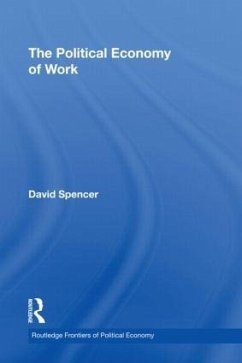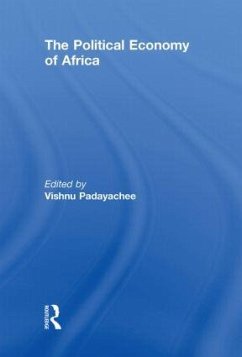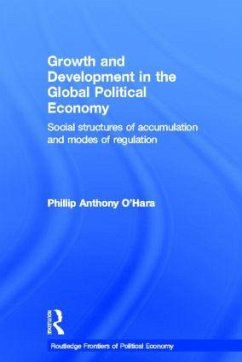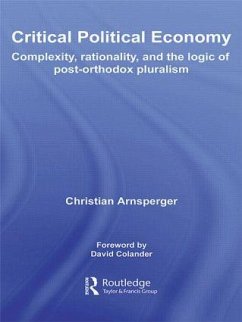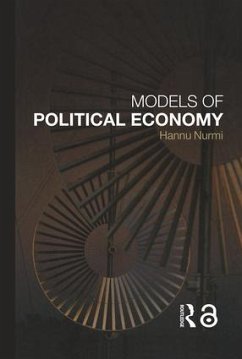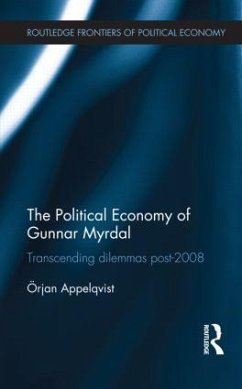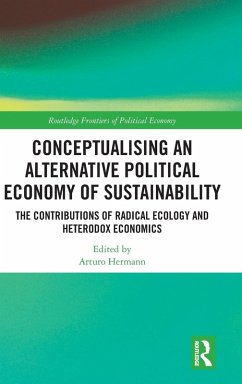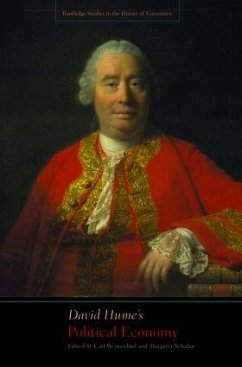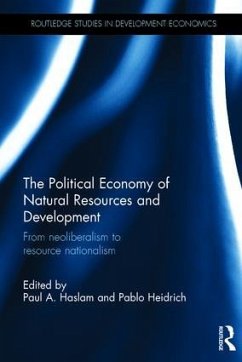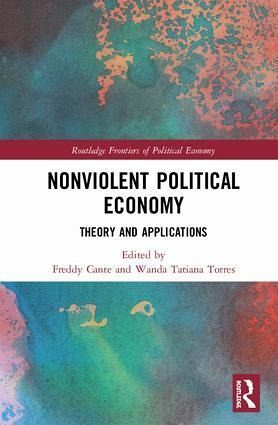
Nonviolent Political Economy
Theory and Applications
Herausgeber: Cante, Freddy; Torres, Wanda Tatiana

PAYBACK Punkte
70 °P sammeln!
Nonviolent Political Economy offers a set of theoretical solutions and practical guidelines to build an economy of nonviolence which implies a social state of peacefulness, involving minimal violence and minimal destruction of nature.




